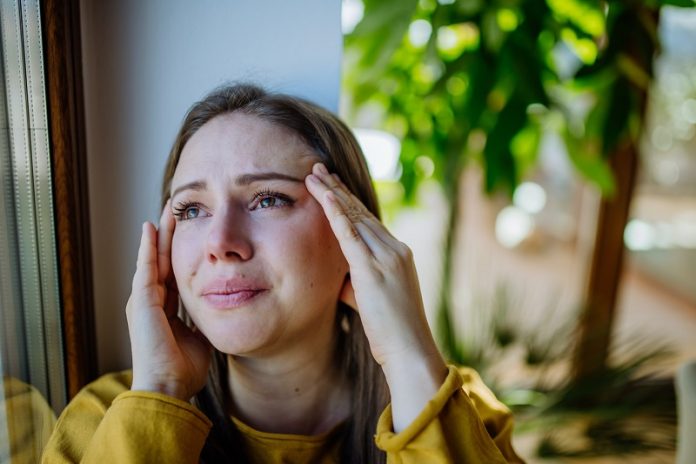
Many people across Europe suffer from skin diseases, and a recent study has shed light on the emotional challenges they face.
Skin conditions, like acne, psoriasis, and alopecia, can take a significant toll on a person’s quality of life and overall well-being.
The Impact of Skin Conditions
Skin diseases are not just about physical symptoms like itching or rashes. They can also affect a person’s emotions and social life.
A study involving nearly 20,000 participants from various European countries explored the psychosocial burden of common skin conditions.
The research aimed to understand how skin diseases impact people’s lives.
The study included individuals with different skin conditions, such as acne, alopecia (hair loss), chronic urticaria (hives), atopic dermatitis (eczema), skin cancers, psoriasis, sexually transmitted diseases, and hidradenitis suppurativa (a painful skin condition).
The study found that some skin conditions had a more substantial effect on a person’s quality of life than others. For example, people with hidradenitis suppurativa and sexually transmitted diseases reported the most significant impairments in their quality of life.
Other conditions like acne, alopecia, chronic urticaria, atopic dermatitis, skin cancers, and psoriasis also had a notable impact on the quality of life for many individuals.
One common theme among participants was feeling embarrassed about their skin conditions. Over 88% of respondents considered their skin disease as embarrassing, with slightly more embarrassment in their personal lives compared to their work lives (83%).
The study revealed that many people with skin conditions have experienced stigmatization and rejection. Approximately 14.5% of participants believed they had been rejected by others because of their skin disease, and 19.2% felt they had been looked at with disgust.
Skin conditions also had an impact on sleep and energy levels. Nearly half of the respondents reported experiencing difficulties sleeping and feeling tired due to their skin condition.
Taking care of oneself can become more challenging when dealing with a skin disease. Many participants reported that their skin condition affected their ability to practice self-care.
Beyond the physical symptoms, skin diseases often took a toll on mental health. Anxiety and depression were frequently reported by individuals with various skin conditions.
Implications of the Study
This study highlights the importance of addressing not only the physical symptoms but also the emotional and social well-being of individuals with dermatological conditions.
Healthcare professionals need to consider the psychosocial impact when managing patients with skin diseases.
Skin diseases can have far-reaching effects, impacting not just the skin but also a person’s quality of life, self-esteem, and emotional well-being.
It is crucial for healthcare providers to recognize and address these psychosocial aspects when caring for patients with skin conditions.
By understanding the emotional toll of these diseases, we can work towards providing more comprehensive support and improving the lives of those affected.
If you care about skin health, please read studies about eating fish linked to higher risk of skin cancer, and Vitamin B3 could help prevent skin cancers.
For more information about health, please see recent studies about vegetable oil linked to spread of cancer, and results showing Vitamin D could help treat skin inflammation.
The research findings can be found in the Journal of the European Academy of Dermatology and Venereology.
Follow us on Twitter for more articles about this topic.
Copyright © 2023 Knowridge Science Report. All rights reserved.



